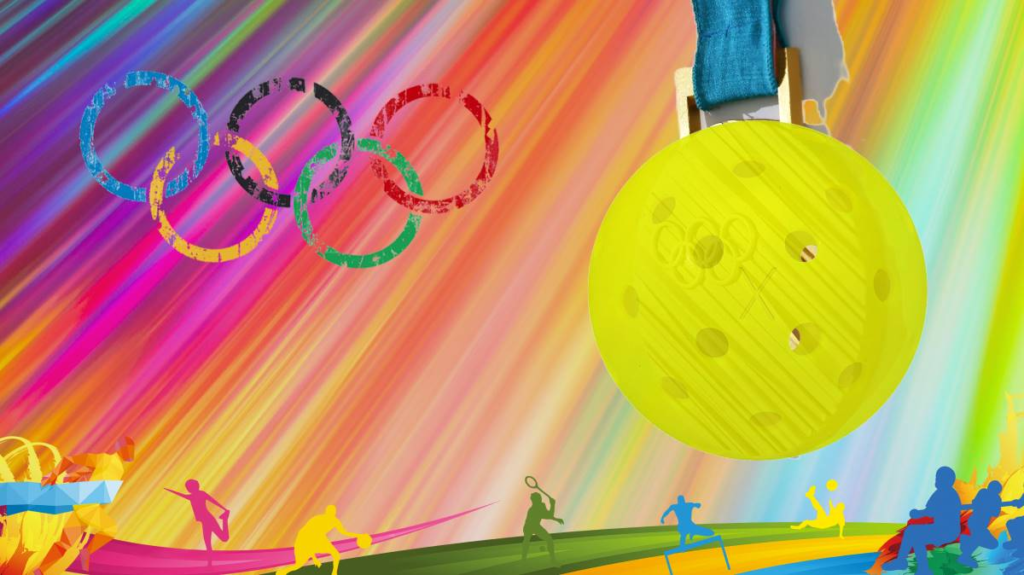
The International Olympic Committee (IOC) held a crucial meeting recently to deliberate the potential inclusion of pickleball in the 2028 Summer Olympics, which will be hosted by Los Angeles. Pickleball, a rapidly growing sport known for its combination of elements from tennis, badminton, and ping pong, has gained significant global popularity, making it a serious contender for Olympic inclusion.
The sport, which was first played in 1965, has exploded in popularity, particularly in North America, where it has become a staple of community recreation and competitive play. Its appeal spans all age groups due to its relatively simple rules, smaller court size, and engaging, fast-paced action. Major professional tournaments and a rising number of international events have further fueled its growth.
IOC members discussed whether pickleball could bring fresh energy and attract new audiences to the Olympic Games. One key factor in the discussions was the sport’s accessibility, with many seeing it as an opportunity to appeal to younger viewers, which is a priority for the IOC. Additionally, pickleball’s low-cost entry point and easy-to-understand format could make it an attractive addition to the Olympic program.
However, the decision is not without its challenges. The IOC must weigh the potential disruption of the Games’ current structure, which includes a limited number of events, and consider the readiness of global federations to establish a consistent, competitive framework for the sport. Despite these challenges, pickleball’s inclusion in the 2028 Olympics would be a landmark moment, potentially marking the start of a new era for the sport.
While no final decision has been made, the IOC’s recognition of pickleball as a serious contender for the Los Angeles 2028 Games demonstrates the sport’s rapid ascension on the world stage and its growing influence in global sports culture.






